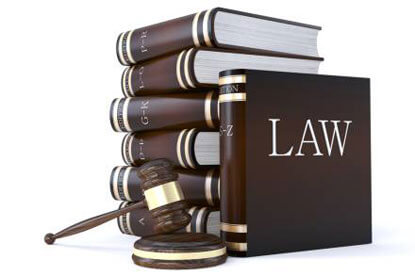Summary: Attorney General Sessions is placing greater importance on investigating unauthorized leaks by putting more resources into the investigations.
Just months into the new administration, the number of leak investigations is three times the amount that were being conducted at the end of the Obama Administration. Attorney General Jeff Sessions explained that the Justice Department is tackling numerous leak investigations, in what can be seen as a confirmation that the department is cracking down on unauthorized releases of confidential information.
Sessions made this announcement not only to reassure the president that he is cracking down on leaks but to send a message to government officials thinking of talking to reporters about sensitive information. President Donald Trump has called Sessions “weak” in the past for not aggressively acting on leaks.
This is changing as Sessions said he will be putting more resources into eliminating unauthorized leaks, including telling Deputy Attorney General Rod R. Rosenstein and FBI Director Christopher A. Wray to monitor every investigation. U.S. attorneys and the national security division have also been instructed to prioritize these kinds of cases. Sessions also created a new counterintelligence unit in the FBI to help manage the workload.
“This culture of leaking must stop,” Sessions said. He is starting a review of the Justice Department’s policies on issuing subpoenas to reporters. Many have called for as much attention to be given to the leaks that is going into the Russia investigations.
The issue of who will be prosecuted and if reporters will be included in that is the primary concern now. Then-Attorney General Eric H. Holder Jr. said in 2014, “no reporter is going to go to jail for doing his or her job.” However, the Trump administration and much of the public have a less than favorable view of journalists at this time.
Generally, the investigations try to avoid going to reporters to find their sources. Instead the focus on the government employees who may be responsible for the leaks. When all possibilities have been exhausted, then senior Justice Department officials may authorize investigations of a journalist to find sources by examining things like phone records. This process takes time and often never results in charges. The FBI and Justice Department have long argued that going straight to a journalist earlier and aggressively would prove greater results.
Rosenstein said “We are reviewing the entire process of how we conduct media leak investigations by responding to issues that have been raised by our career prosecutors and agents. We’re taking basically a fresh look at it…We don’t know yet what, if any, changes we want to make, but we are taking a fresh look.”
Sessions explained that the Justice Department must carefully weigh the “balance the press’s role with protecting our national security and the lives of those who serve in the intelligence community, the armed services and all law-abiding Americans.”
During Obama’s administration, prosecutors brought nine leak cases, which is more than any other administration has combined. They went so far as to call a reporter a criminal “co-conspirator,” going after journalists’ phone records secretly to find sources. The prosecutors also tried to make a reporter testify and identify a source but ended up giving up on that attempt. Holder then went on to make updates to their policies, which essentially made the media untouchable.
The Obama administration initially investigated leaks in heavy numbers but grew to disregard more of them. The Trump administration has already approved over six leak probes with more expected to come. The number of leaks and the information being leaked is especially damaging to the country’s safety. Sessions has said that leaks are “extraordinarily damaging to the United States’ security.”
A recent case that has resulted in charges were in June against a 25-year-old government contractor. Reality Leigh Winner was charged with mishandling classified information when she gave a news organization top-secret National Security Agency documents. Three others that have been charged include Candace Marie Claiborne, a State Department employee who hid her contacts with foreign intelligence agents; Harold T. Martin III, a federal contractor suspected of stealing classified information; and Kevin Patrick Mallory, a former CIA officer suspected of selling information to China.
Do you think the media should be held responsible for the information the report? Tell us in the comments below.
To learn more about Attorney General Sessions, read these articles:
- Attorney General Jeff Sessions Enacts New Drug Crime Policy
- Will Jeff Sessions Resign After Donald Trump’s Twitter Attack?
- Jeff Sessions Recuses Himself from Any Trump Investigation
Photo: commons.wikimedia.org





































